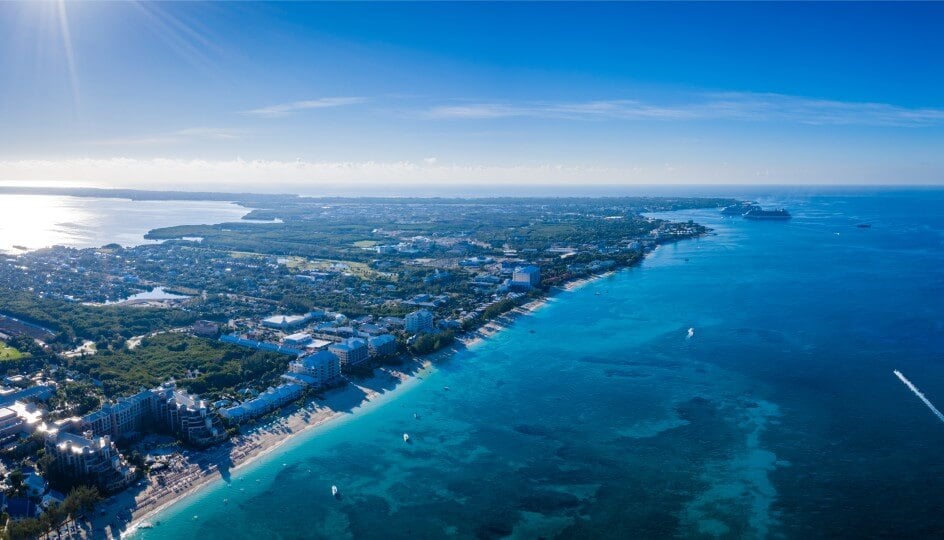The uses of trusts and foundations in the UAE

Modern family dynamics, coupled with cross-border issues and a changing regulatory landscape, present complex challenges when managing wealth, developing succession plans and protecting assets.
Furthermore, with philanthropic giving on the rise, more families are reviewing their existing succession plans and choosing to restructure their assets by way of a trust or foundation. A recent survey of 300 high-net-worth individuals (HNWIs) across the United Arab Emirates (UAE), revealed that 27% do not have succession plans in place but are interested in setting up something to prepare for future generations.
Both expatriates and UAE nationals are using local solutions, such as trusts and foundations, to help them manage their wealth, protect assets and effectively plan succession.
Although a ‘new’ concept to the region, there is a clear legal and regulatory framework in place to support the growing trend to use these arrangements in the UAE free zones.
The UAE and the development of the Trust Law
In the Abu Dhabi Global Markets (ADGM), trusts are common law structures which have been based on UK trust law, which offers decades of precedents. The Dubai International Finance Centre (DIFC) enacted its own Trust Law in 2018 to supersede the Trust Law 2005.
To better align with global standards, in 2021 the UAE enacted the UAE 2020 Trust Law, which introduced an Anglo-American trust arrangement into the UAE’s civil legal environment. This new law further supports the development of the onshore wealth management sector and provides additional reassurance for those investing in the region that with these type of structures in place, their assets will be legally protected.
The below table displays the key differences in requirements for trusts in both jurisdictions:
| Matter | ADGM/DIFC | UAE onshore |
| Applicable law | Common law | Civil law |
| Trust register | No |
Yes, all UAE onshore trusts must be registered in the UAE Trust Register. This must identify:
|
| Legal personality | No | Yes |
| Licensed trustee required | Yes | No |
| Assets | Held by trustee | Held by trust |
Trust vs foundation – what should you know?
A trust is not a legal entity and information regarding the trust is not available to the public, whereas a foundation is an entity registered with the relevant authority.
The trustee will hold the trust assets for the benefit of specified persons or objects (the beneficiaries). A trust structure is a legally binding arrangement whereby assets (the trust assets) are transferred from one person(s) (the settlor(s)) to another (the trustee).
| Matter | Trust | Foundation |
| Constitutional documents | Trust deed | By-laws and foundation charter |
| Legal form | Legal arrangement |
Incorporated entity |
| Control | Vested in the trustee | Vested in the council |
| Existence | In perpetuity | Indefinitely |
| Asset ownership | Trustee has legal ownership, while the beneficial ownership is vested in the beneficiaries | Owns its own assets |
| Location | ADGM / DIFC | ADGM / DIFC / RAK ICC |
A foundation is constituted by by-laws and a foundation charter that governs the organisation, assets and the purpose of the foundation. As mentioned above, a foundation is incorporated as a registered legal entity and has its own legal personality, however, it also has characteristics of a trust insofar as it allows for the separation of legal and beneficial interests. It does not have shareholders. A foundation allows the continuance of the founder to exercise control over the foundation.
It is worth noting that a trust deed prescribes the terms and conditions of the trust and how this must be managed by the trustee. It also sets out the rights and interest of the beneficiaries.
The settlor may provide a document setting out their wishes as to the management and disposition of the trust assets (this is not legally binding but considered by the trustee when making decisions).
How we can help?
With a huge transfer of wealth expected to happen over the next decade in the Middle East to the next generation, the use of onshore trusts and foundations will be part of how families plan for the future.
At TMF Group we have over 250 staff in the Middle East and Africa region and a dedicated private wealth and family office team offering a full range of support and expertise. Approved by the free zones with the capability to act as a trustee and trust administrator in both jurisdictions.
If you’d like guidance on trusts and foundations in the UAE, or on any other aspects of wealth management and succession planning, get in touch.





